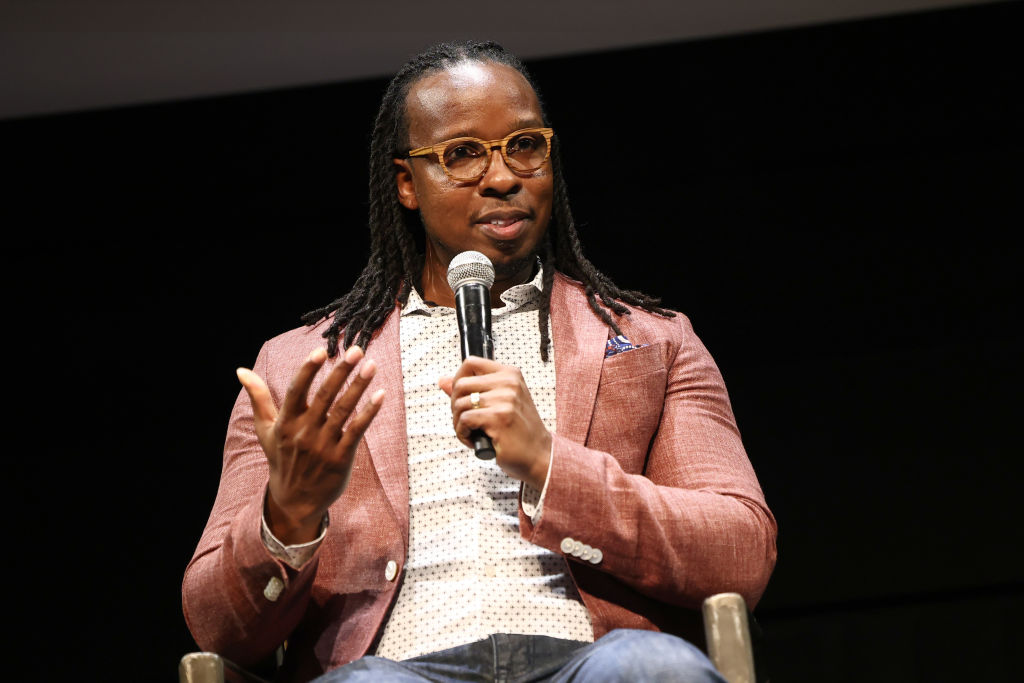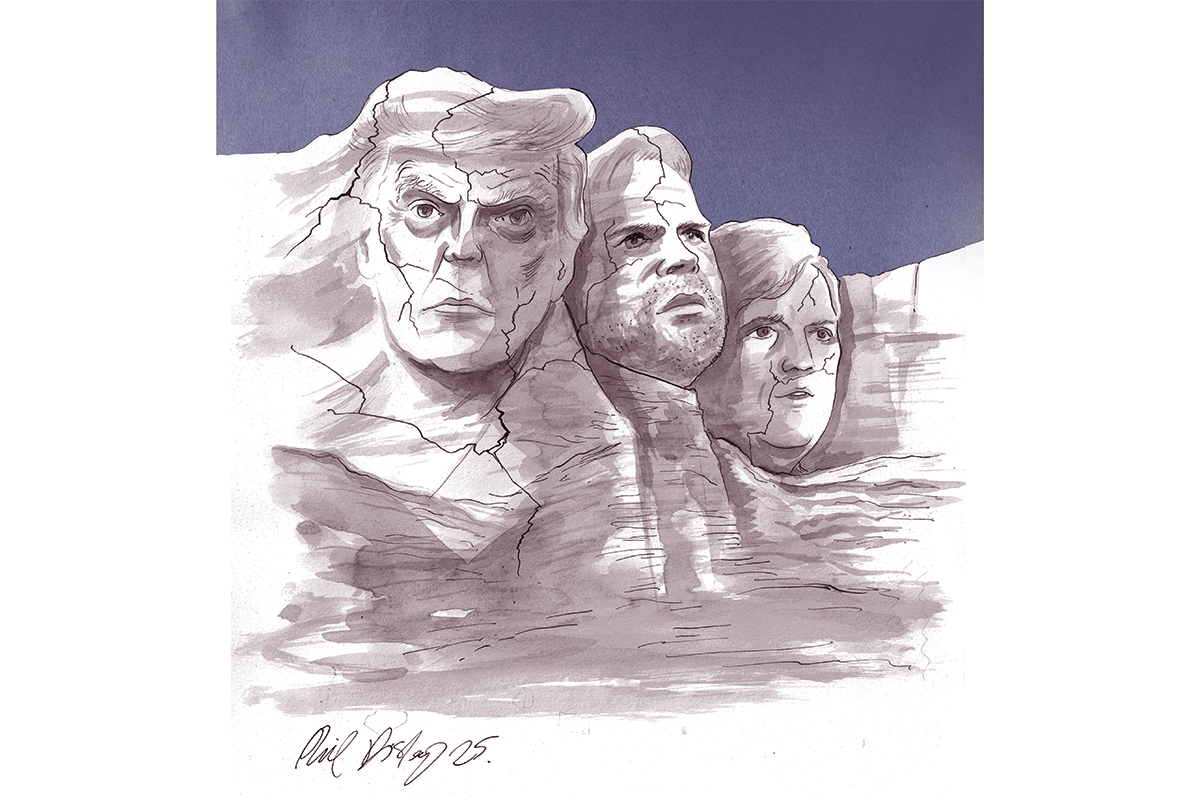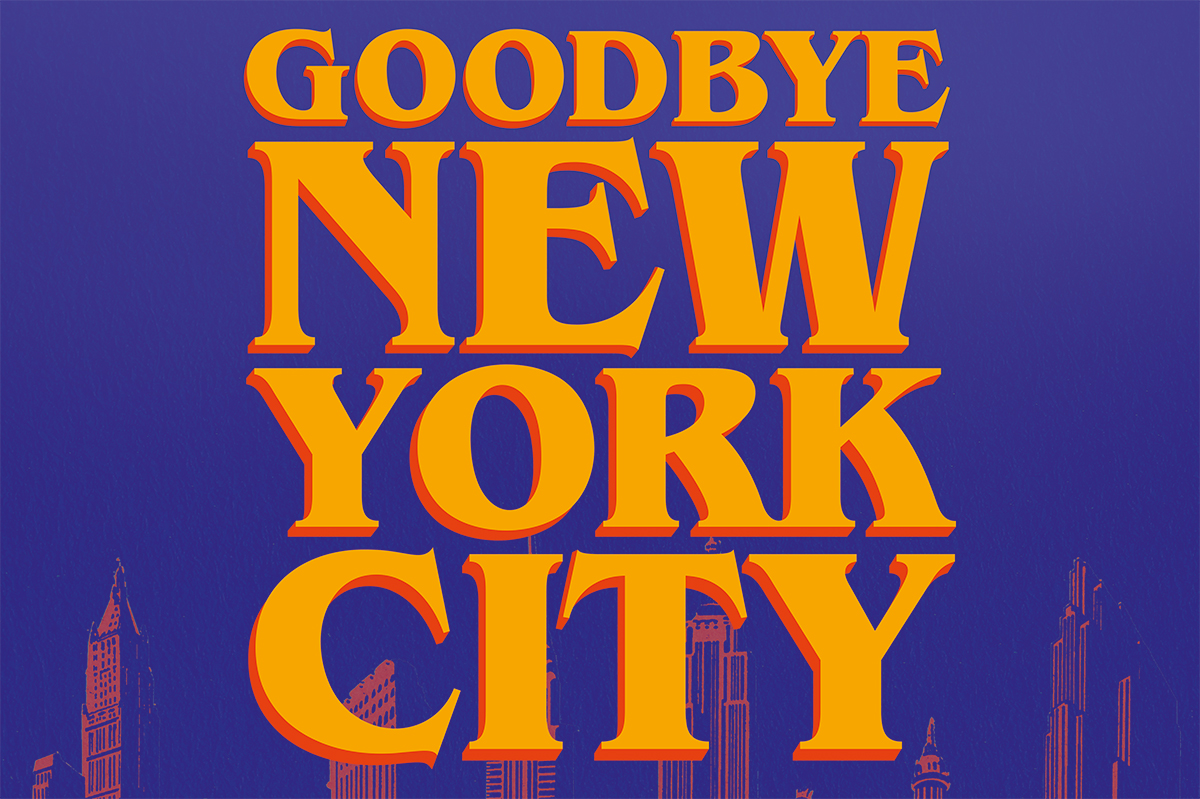Many conservatives will have long suspected that “woke” language – the cocktail of victimhood narratives and group identity – alienates most Americans. It is simply too grating, and it is simply too divisive. And no matter what your politics, it is almost impossible to imagine a healthy society that is built on an aggressive competition over who is the most historically aggrieved.
Up until now this has been mostly an intuition. But a new study by the Network Contagion Research Institute (NCRI) finally puts evidence on the table: that this “woke” language actively provokes real anger, defensiveness and bile in respondents. Woke language is often used as a way to browbeat ordinary people into submission, but we now have plausible grounds to conclude that it’s achieving the precise opposite.
Many leaders have tried solving (often very real) social problems by applying “woke” doctrines, but have usually ended up making things worse. Why? This kind of politics offers a very dubious picture of how society actually works, and an even weaker guide to what we should do about it. Peoples and nations are vast and complex, and it is incredibly difficult to make any high-level policy decisions based on simplistic evaluations of group victimhood or oppression. More than anything else, “woke” was just stupid.
But our research shows that there is more to this story. The survey tested the actual effect of “woke” language on Americans by drawing from public messaging put out by the Anti-Defamation League (ADL). The organization is one of America’s most influential liberal NGOs. It has been at the forefront of shaping how anti-Semitism is taught in schools across the US, developing a variety of educational resources like handbooks and curriculum programs.
In an effort – no doubt well-intentioned – to fight the scourge of increasing Jew hatred, the ADL embraced the language of “woke” in their campaigns. And, generally speaking, they have increasingly adopted language that presents Jews as victims: of physical violence, of prejudice, of “silence” from neutral bystanders. Jews are framed simply as one of many oppressed group identities in America and, so the logic goes, we can fight anti-Semitism by getting people to see them in such “woke” terms.
The problem is that this type of rhetoric only partly stimulates feelings of solidarity, care, concern, positivity or even respect. Most strikingly, the study demonstrates that exposure to this psychological framing actually increases participants’ reported anger, defensiveness, even hostility towards Jews. It also increases something called the “hostile attribution bias” – a jargonistic way of assessing whether you interpret people’s behavior in good faith or not.
Paradoxically, fighting anti-Semitism using the ADL’s language can measurably increase feelings of anti-Semitism. Talking about social issues like inequality or racism in “woke” language appears to upset people because it divides, accuses and relies on a message of competition rather than unity. Conservatives have long suspected this. Now, we have some more hard evidence.
This is not the first study indicating that “woke” messaging creates more hostility, not less. Back in November last year, the NCRI ran a similar research project after learning that an astonishing 52 percent of US professionals have to attend DEI meetings and training events at work, with the stated intention of increasing awareness of and opposition to “systemic oppression”.
Yet, surprisingly, nobody had bothered to run the numbers before and see if this corporate training works. If they had done so, they’d see that, more often than not, the cure is worse than the disease. (And even that’s only if you actually believed that DEI was about curing anything, as opposed to, say, subsidizing a class of HR professionals and conjuring an entire micro-economy – totaling $8bn according to McKinsey – out of thin air.)
We found that when Americans were exposed to messaging lifted directly from the work of Robin DiAngelo and Ibram X. Kendi, as these DEI programs entail, it significantly increased their perception of racism in the workplace – even without any evidence for it whatsoever – resulting in heightened racial prejudice, intergroup hostility, suspicion and division. (The same is true for Islamophobia.) These programs also led to increased support for actual punishment against those who committed “microaggressions”, something which has caused people to lose their jobs and livelihood.
The implications of these studies are enormous. Even anecdotally, it’s been obvious over the past few years that “woke” language alienates voters and drives social polarization away from the political center of shared values. Trump’s election was, inter alia, clearly a reaction to the increasing “wokification” of American politics and culture. And when public institutions adopt this kind of messaging, they find themselves unable to positively shape hearts and minds on social issues, no matter how noble.
Yet this doesn’t mean we should toss out the ambition of making society at least a little bit less crap – particularly for the long-suffering American middle classes. Most interestingly, what our study also showed is that you can reverse the negative effects of DEI training by simply adopting a language of shared humanity instead of “woke”. If you shift the framing from competition to cooperation, adopt a message of common dignity and responsibility towards each other, this new bad blood almost completely vanishes. Woke, in short, does not work. The language of shared humanity and common cause might be the secret to shoring up an increasingly faltering civilization.


























Leave a Reply